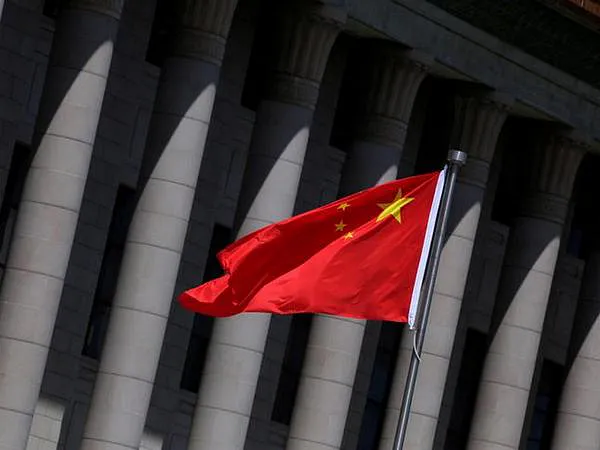The Chinese leadership is worried that the mass protests against the economic slowdown and bank failure are spreading like wildfire, challenging President Xi Jinping’s command.
Clearly, the COVID-19 pandemic created huge stress on the personal finance of the common Chinese and it is no crime for people to seek withdrawal of the money they once saved with banks. But Beijing is denying that access, apparently to save the banks, the HK Post reported.
The protests can cost China hundreds of billions of dollars. The bankrupt real-estate developers will be in deeper trouble. Roughly four per cent of the total bank loans in the country may turn bad, wiping out USD 200 billion to USD 300 billion of wealth.
Homebuyers in 91 cities, comprising 24 out of 31 provinces, have stopped paying banks equal monthly instalments (EMI) against home loans. Banks made payments to the developers who failed to deliver 13 million apartments on schedule.
Over the last two decades, 70 per cent of household savings were directed to property, contributing one-third of China’s gross domestic product (GDP). Any slowdown in the real estate sector would, therefore, drag the economic growth further down, the HK Post reported.
Chinese ride-hailing giant Didi Global was forced to delist from the New York Stock Exchange. Foreign investors in the internet economy were scared when Beijing pushed Chinese Communist Party (CCP) cells into the management and brought laws that forced Chinese employees to work as intelligence agents.
What concerns Beijing the most is that the ‘mortgage-strike’ or ‘EMI-strike’ is gaining momentum irrespective of severe state action against the protestors demanding their money back from the failed banks. Since April four banks failed in China wiping out depositors’ money.
On July 10, the Chinese government sent plain-clothed police to suppress the citizens who organised a massive demonstration outside the People’s Bank of China. Protestors were beaten up mercilessly and detained.
But protests didn’t stop. It gained momentum. Alongside the protest against bank fail, Zhengzhou became the epicentre of the ‘mortgage strike’ in China. Clashes between the police and the protestors became a routine. So much so that Beijing called the military to scare the protestors, the HK Post reported.
‘Mortgage-strike’ had spread across the country. The protestors want to hit Beijing where it hurts the most – economy. And, Xi was scared that any misstep will add fuel to the protests.
‘Fortune’ reports that as of July 12, home buyers in 22 cities stopped paying EMI affecting 35 property projects. The number of affected projects reached over 220 in 80 cities on July 18. A more recent report said 300 projects in 91 cities were impacted.
Saving money in banks or financial products is a relatively new phenomenon in China. In the past, the property was literally the only mode of investment. As the Xi Jinping administration restricted credit flow to the overleveraged property players, citizens were forced to look for other avenues.
Worldwide such savings came to the rescue of people during the severe economic destruction over the last two years leading to job loss etc. China is suffering too.
According to Beijing’s Tsinghua University professor Zheng Yuhuang, 4,60,000 companies pulled down shutters in the first half of 2022. Roughly 3.1 million industrial and commercial households (small enterprises) were written off, enterprise liquidation soared 23 per cent year on year, 10.76 million college graduates have entered the society, with great employment pressure, and 80 million young people are unemployed.
But China is not a democracy and the Xi administration thought they can pull any punches. People resisted. Zhengzhou in Henan province was the first city to erupt in protests, the HK Post reported.
Clearly, the dragon is in trouble. People across large parts of China are protesting and ignoring threats of detention and torture due to the economic slowdown in the country.

